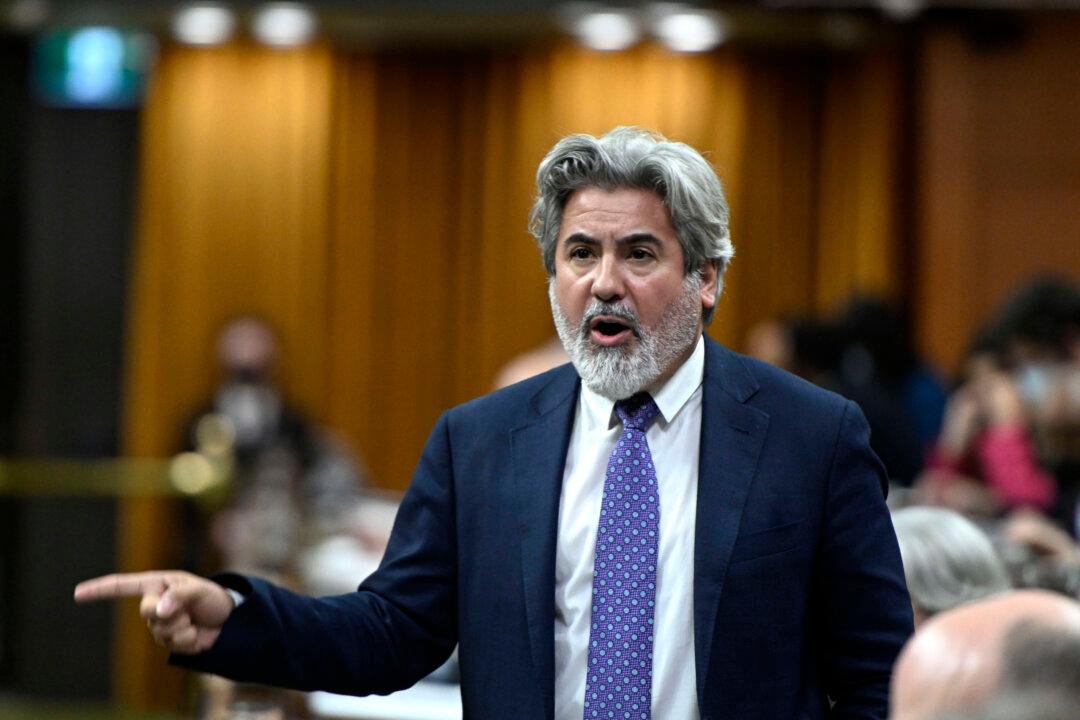Many experts on a panel handpicked by the federal government to lay the basis of a future “online harms reduction” bill say private communications should be included under the framework, a Heritage Canada document indicates.
“Some experts highlighted that a lot of times a high level of harmful content, such as terrorist content or child pornography, are shared in private communications instead of on public forums—and that excluding these types of communications would leave a lot of harmful content on the table,” said a summary of the first session held by the expert panel, on April 14.





